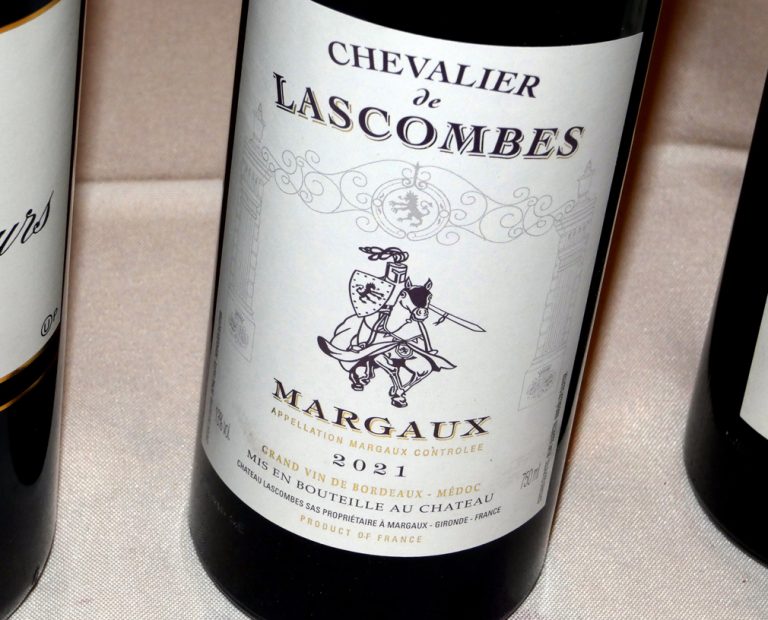Published with permission from LuxuryWeb Magazine
During a captivating kosher wine and food tasting event orchestrated by the esteemed Royal Wine Corporation, I was afforded the unique opportunity to indulge in an array of kosher wines, originating from diverse winemaking territories across the globe.
The process of winemaking holds universal traits, irrespective of geographic location. Vineyards burgeon with an assortment of grapevines; these grapes reach their zenith of ripeness before being meticulously harvested. The harvested grape clusters are then transported to the wineries where they undergo a careful selection process — often manually — to discard stems, spoiled, or immature berries.
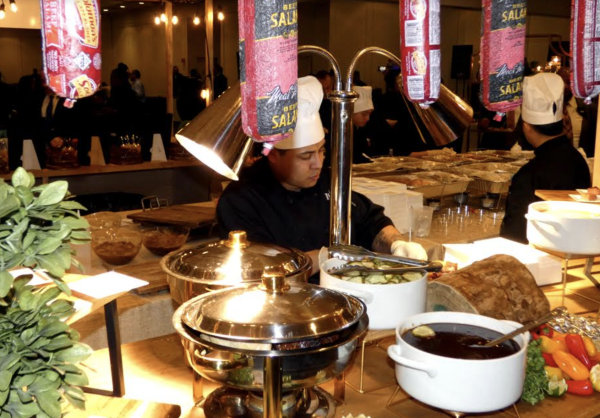
An intricate process
Following this, the grapes are pressed, and the resultant must is channeled into barrels or stainless steel vessels to ferment, transforming the sugars present in the grape juice into alcohol. Subsequently, this fermented essence is shifted to alternative containers, predominantly oak barrels of varying dimensions based on the vintner’s preference, for aging.
Once the winemaker concludes that the wine has matured sufficiently, it is then bottled and left to age further in cellars under controlled temperature and humidity, prior to being dispatched to the market.
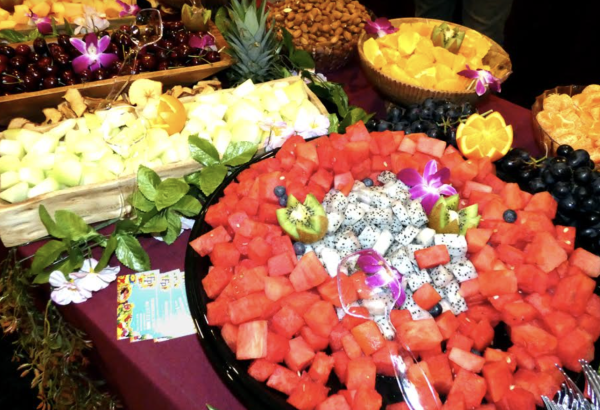
Success
You are now signed up for our newsletter
Success
Check your email to complete sign up
The craftsmanship behind high-caliber kosher wines mirrors that of their non-kosher counterparts, with no distinct production techniques setting them apart as “kosher” per se. However, the distinction lies in the fact that kosher wines are crafted under the vigilant supervision of a rabbi. Moreover, all equipment, yeasts, and any fining agents employed must be certified as kosher. Additionally, from vine to glass, the grapes and wine must exclusively be handled by individuals who observe the Sabbath, aligning with ancient Jewish dietary laws.
The tasting session was a gateway to several exquisite French kosher wines that sparked my interest and merited further exploration. Among them were Château du Tertre Grand Cru Classé, Château Dauzac Grand Cru Classé, and Château Roubine Cru Classé, which showcased their premier kosher vintages, proving to be nothing short of spectacular.
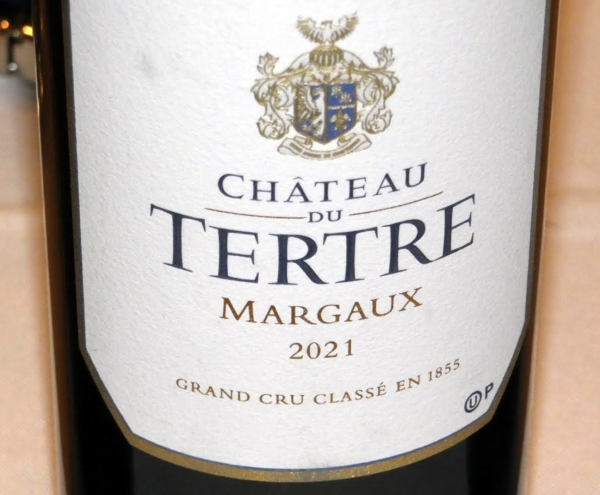
The event also featured second-label wines from prestigious French grand cru estates, including Brio de Château Cantenac Brown, Aurore de Dauzac, and Chevalier de Lascombes. These second-label wines, typically derived from younger vines, contribute to enhancing the bouquet and flavor profile of the Grand Vin, with the remainder being marketed under this secondary distinction.
Notably, an array of wineries from Israel made a significant impact, with standouts such as Shamay Winery from Upper Galilee, Kamisa Winery of Galilee, and Carmel Winery, Israel’s largest and most distinguished winery.
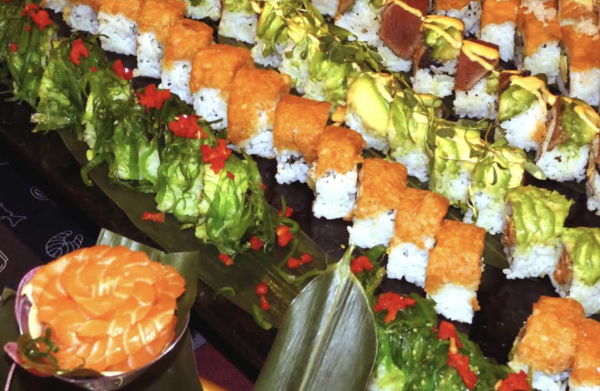
Additionally, there were remarkable entries from Italian producers like Rocca delle Macie Chianti Classico, Cantina Giuliano, Terra di Seta, and Lovatelli, alongside select kosher wines from South Africa, Spain, and an exemplary Champagne from Barons de Rothschild. The U.S. was represented by Herzog Portfolio wines from Oxnard, California.
While the culinary offerings at the event were intriguing, they showcased less variety than in previous years. Nonetheless, the sushi and sashimi selections stood out — delivering freshness and delight — alongside an array of fruits and desserts. However, the assortment of main courses and cooked meats did not match the diversity seen in earlier editions.
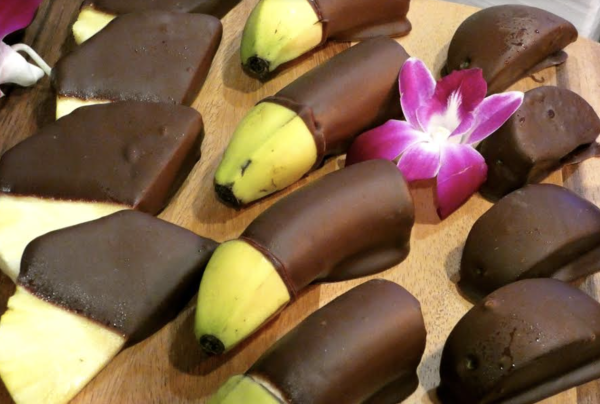
The event attracted a substantial crowd, with the Meadowlands Hilton serving as a highly accessible and convenient venue. But, as anticipated, the focal point was unequivocally the wines and spirits, capturing the essence of KosherFest 2024.
Visit LuxuryWeb Magazine to see the original article and more.



